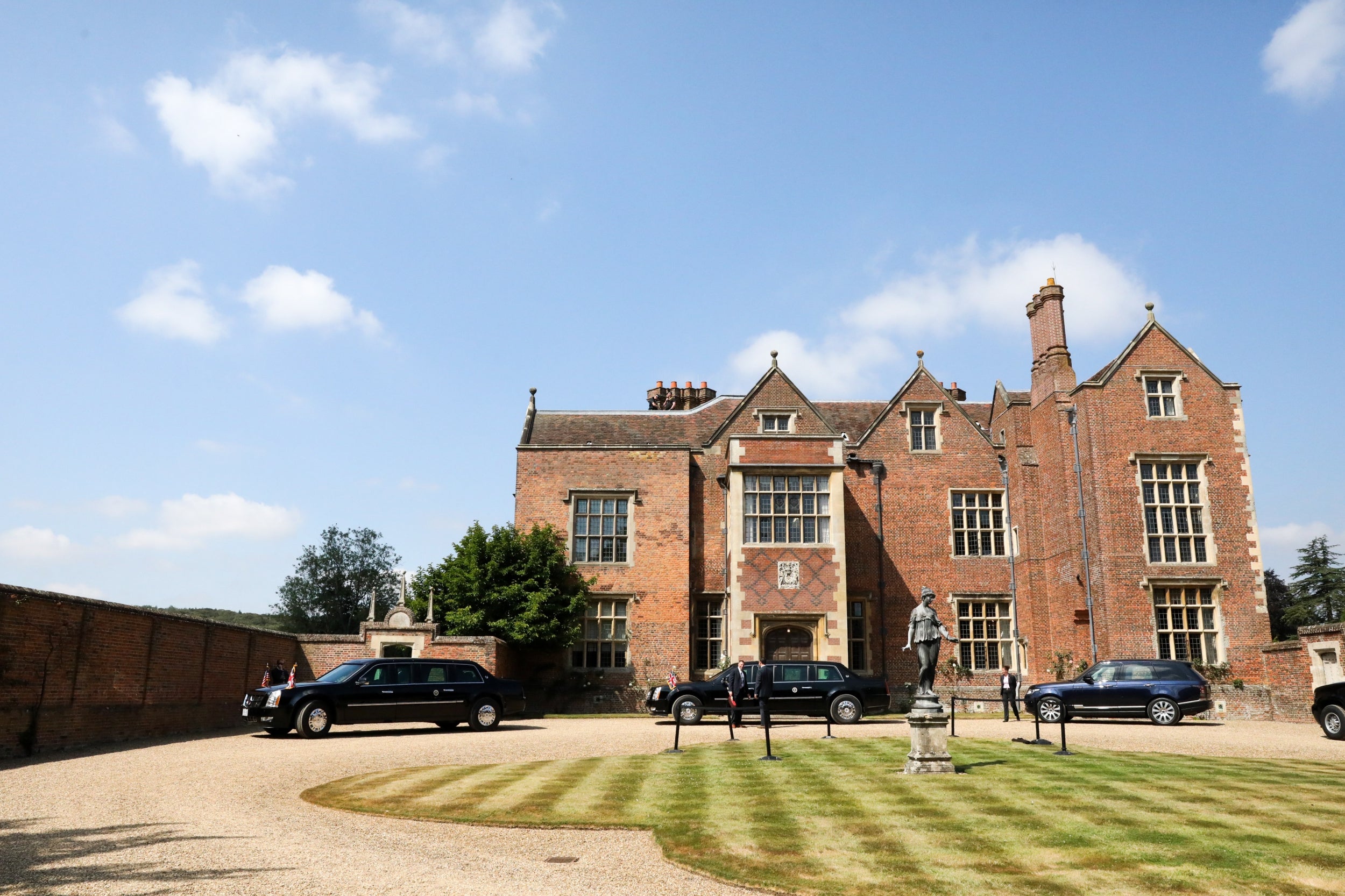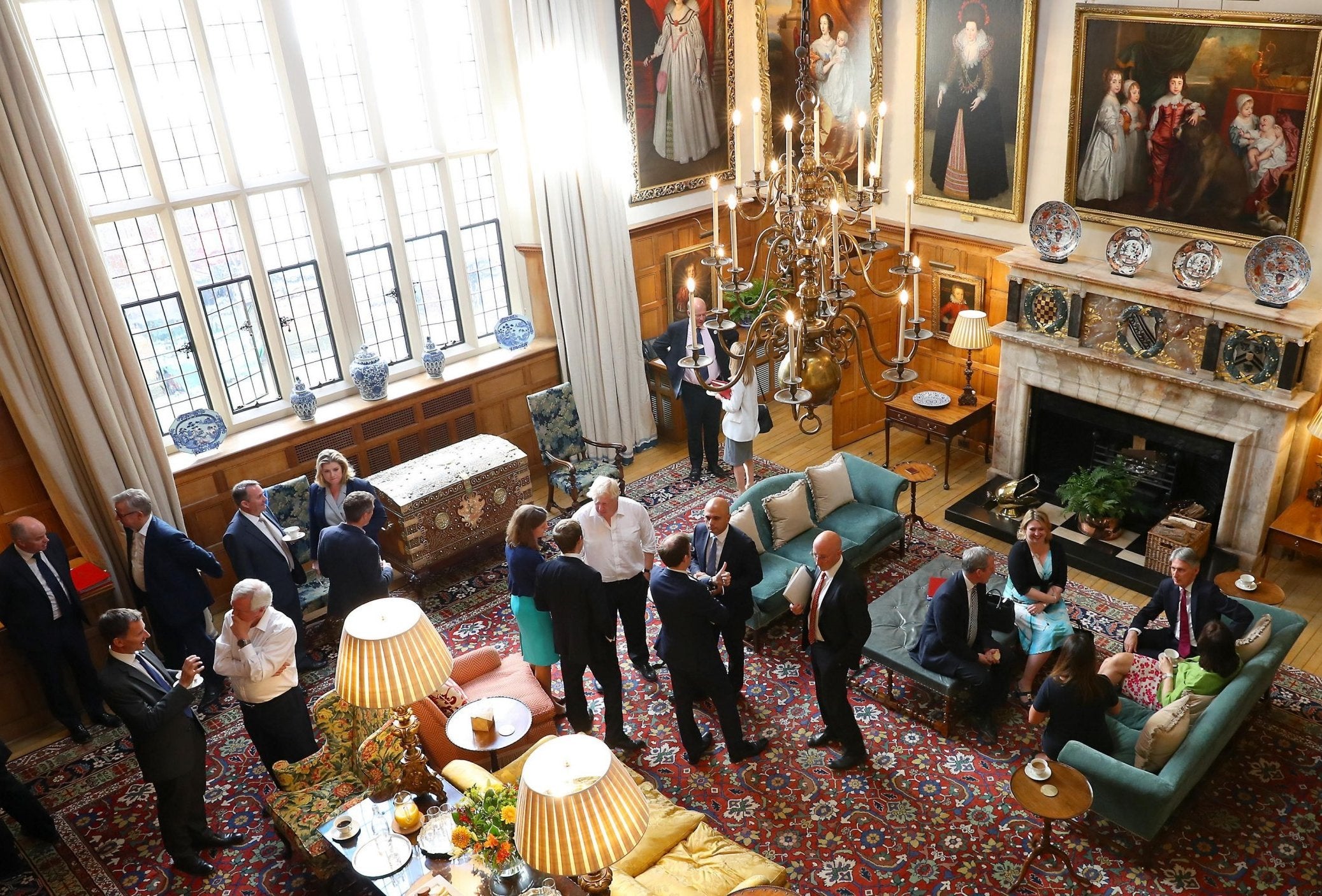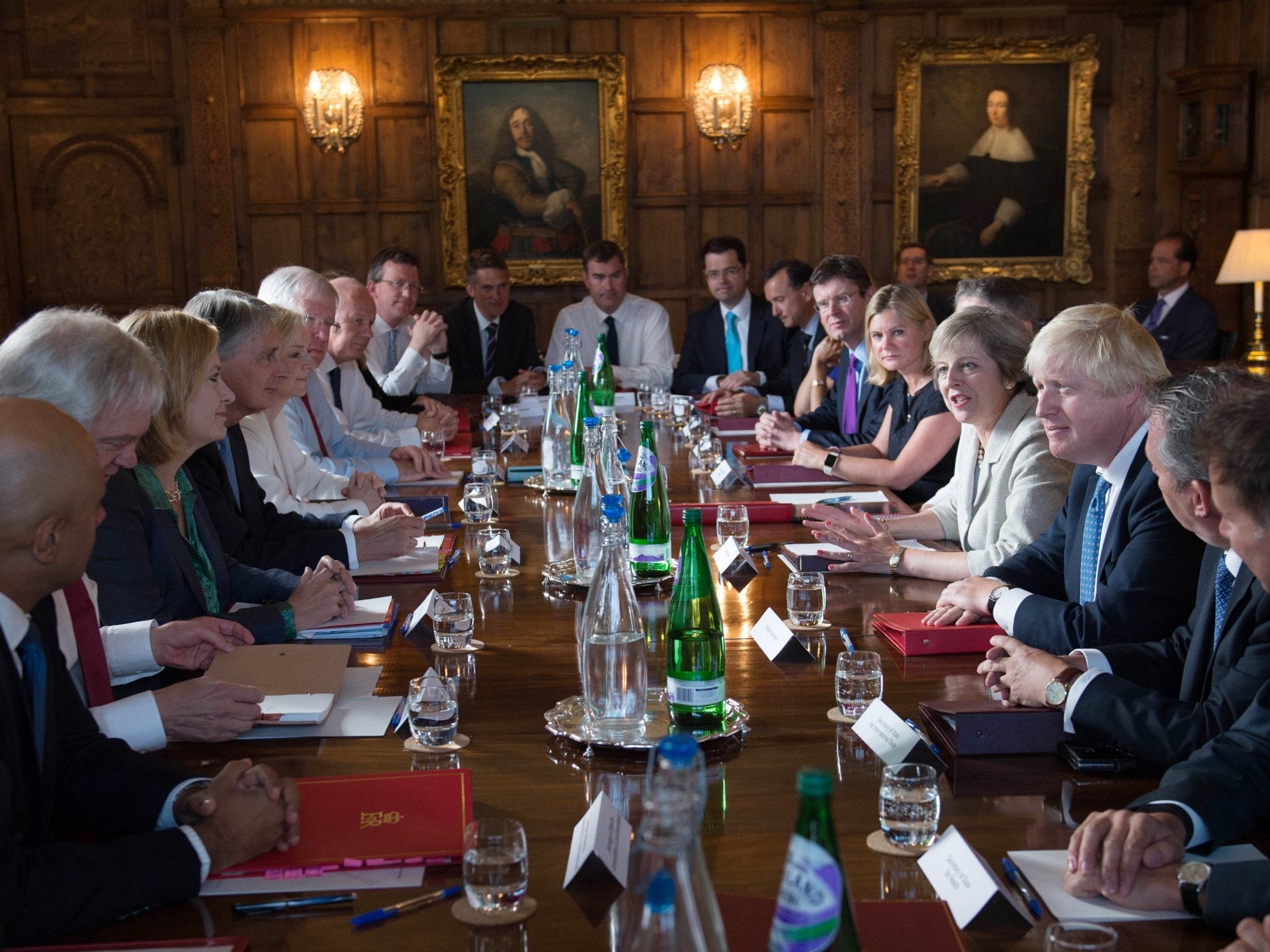Brexit: What is Theresa May's Chequers plan and what does the EU think about the proposal?
Your support helps us to tell the story
From reproductive rights to climate change to Big Tech, The Independent is on the ground when the story is developing. Whether it's investigating the financials of Elon Musk's pro-Trump PAC or producing our latest documentary, 'The A Word', which shines a light on the American women fighting for reproductive rights, we know how important it is to parse out the facts from the messaging.
At such a critical moment in US history, we need reporters on the ground. Your donation allows us to keep sending journalists to speak to both sides of the story.
The Independent is trusted by Americans across the entire political spectrum. And unlike many other quality news outlets, we choose not to lock Americans out of our reporting and analysis with paywalls. We believe quality journalism should be available to everyone, paid for by those who can afford it.
Your support makes all the difference.Theresa May's "Chequers" plan is the government's blueprint for the desired future relationship between the UK and the EU.
It is not a final Brexit deal, as negotiations are still ongoing with the bloc, and key parts of the agreement have already been dismissed in Brussels.
But the prime minister insists she is still sticking firm with the plan and recently insisted the only alternative would for the UK to leave the bloc without a deal.
Where does the name come from?
Ministers thrashed out the government's plan for its future relationship with the EU during a cabinet away day at the prime minister's rural Chequers estate retreat in July.
It momentarily appeared Ms May had united her warring senior ministers around a three-page deal which colloquially became known as Chequers.

So what was in the plan?
Ministers agreed at Chequers a future UK-EU relationship should be built around an "economic partnership and security partnership".
At its core, the proposals calls for the establishment of a "free trade area for goods" in order to "avoid friction at the border" and protect jobs.
It suggests the UK will "maintain a common rule book" for all goods, including agricultural products after Britain leaves the bloc.

The blueprint demands the end to the free movement of people - one of the founding principles of the bloc - and to "restore the supremacy of UK courts", by ending the jurisdiction of the European Court of Justice (ECJ).
It says the government will leave the EU's Common Agricultural Policy and Common Fisheries Policy, "taking back control of UK waters as an independent coastal state and designing a domestic agricultural policy".
And it demands the delivery of an independent trade policy, enabling the UK to secure trade deals with countries around the globe.
What happened after the Chequers meeting?
The pretence of a newly-united cabinet around Chequers in July did not survive the weekend. By Sunday evening, David Davis, the Brexit secretary, had resigned claiming he did not "believe" in the plan.
The next day, Boris Johnson, also quit his post as foreign secretary, becoming one of the most vocal and prominent critics of Chequers - often using his weekly column in the Daily Telegraph to criticise Ms May's blueprint.
What does her own party now think of the plan?
Among the Eurosceptics in the Conservative Party, the Chequers plan is despised. At the party's annual conference in Birmingham last month, Mr Johnson delivered a fierce attack on the plan, calling it a "cheat", telling his colleagues: "This is not what we vote for."

But it is not just the Eurosceptics who view the plan unfavourably. Pro-EU Tories have also poured scorn on Chequers.
Justine Greening, the former education secretary, said Chequers is now "more unpopular than the poll tax" in a radio interview in September, adding: "Chequers is no dead and there's no point having a government spending two vital months working on that when what it needs to do is start working on an alternative route for us."
What has the EU said in regards to Chequers?
EU leaders have repeatedly rejected the prime minister's proposals for the future UK-EU relationship, citing the integrity of the the bloc's single market and "cherry picking" of the institution.
At the Salzburg summit in September, Ms May was left humiliated after the European Council President, Donald Tusk, took the podium on behalf of the EU27 and said: “Everybody shared the view that while there are positive elements in the Chequers proposal, the suggested element for economic cooperation will not work, not least because it risks undermining the single market,” Mr Tusk said, giving his account of the Council’s working lunch discussion."
We've previously listed all the times the EU has said 'no' to the plan here.

Join our commenting forum
Join thought-provoking conversations, follow other Independent readers and see their replies
Comments